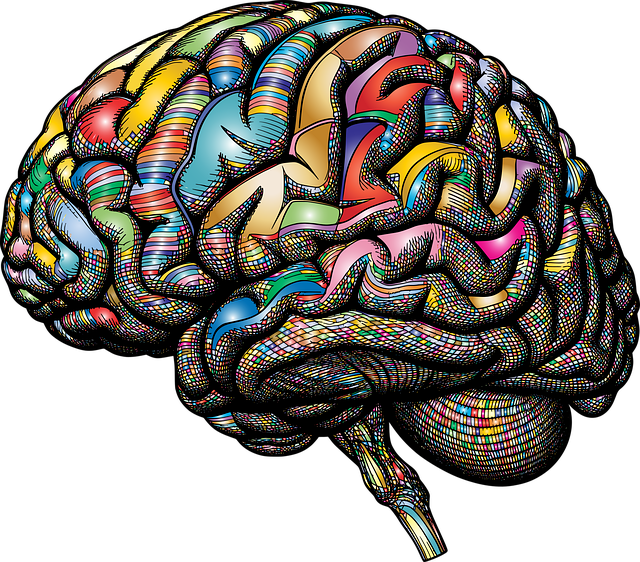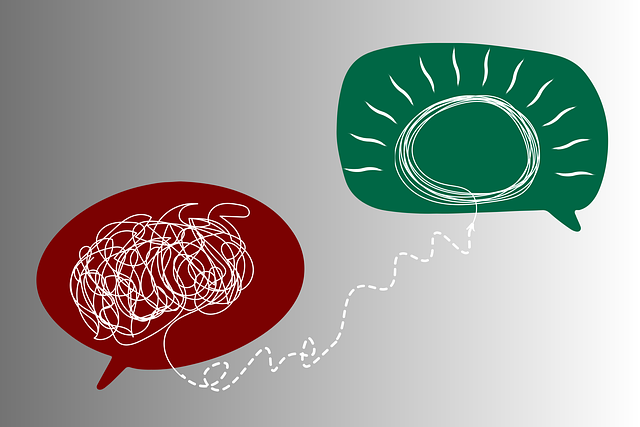Trauma, caused by events like abuse or accidents, has long-term effects on mental and physical health, potentially leading to conditions like PTSD, anxiety, and depression. Effective healing requires a multi-faceted approach including therapy for pain management and stigma reduction to foster understanding and compassion. Such therapy assists individuals in processing trauma, developing coping strategies, and promoting emotional healing. A supportive environment with techniques like active listening and empathy is crucial, while integrating depression prevention and self-care practices enhances recovery and therapist well-being.
Trauma support services are vital in helping individuals heal from the profound effects of traumatic events. This article explores the essential components and strategies for providing effective care, with a specific focus on therapy for pain management. We’ll delve into understanding trauma’s impact, identifying key service elements, and exploring therapeutic approaches to create supportive environments that foster healing. By examining these aspects, we aim to enhance access to quality trauma support.
- Understanding Trauma and Its Impact on Individuals
- Key Components of Effective Trauma Support Services
- Strategies for Providing Therapy for Pain Management in a Supportive Environment
Understanding Trauma and Its Impact on Individuals

Trauma is a profound and complex experience that can significantly shape an individual’s life. It stems from various sources, such as physical or emotional abuse, accidents, natural disasters, or military combat, leaving lasting effects on mental and physical well-being. Understanding trauma goes beyond its immediate impact; it involves recognizing how it can manifest in different ways, affecting emotions, behaviors, and overall functioning. Many individuals struggle to cope with traumatic events, leading to conditions like post-traumatic stress disorder (PTSD), anxiety, or depression.
The impact of trauma extends far beyond the moment of occurrence. It can disrupt one’s ability to manage pain, leading to chronic physical symptoms. This is where therapy for pain management becomes crucial in supporting individuals to heal and rebuild their lives. Additionally, mental illness stigma reduction efforts play a vital role in encouraging help-seeking behaviors. By fostering an environment of understanding and compassion, individuals are more likely to access necessary support, engage in resilience-building activities, and develop effective self-care practices to navigate the aftermath of trauma.
Key Components of Effective Trauma Support Services

Effective trauma support services are multifaceted, with several key components that ensure comprehensive care for individuals who have experienced traumatic events. One of the cornerstone elements is access to therapy for pain management. This includes both short-term crisis intervention guidance and long-term mental health support. Trained therapists help individuals process their experiences, develop coping strategies, and work towards emotional healing.
Additionally, programs that integrate depression prevention techniques into trauma support have proven beneficial. Mental health awareness is paramount; educating not only the affected individuals but also their communities can foster understanding and reduce stigma, encouraging those in need to seek help without fear of judgment. A holistic approach that addresses physical, emotional, and psychological needs is essential for successful trauma recovery.
Strategies for Providing Therapy for Pain Management in a Supportive Environment

Creating a supportive environment is paramount when offering therapy for pain management. This involves fostering a safe and non-judgmental space where individuals feel empowered to express their experiences and emotions freely. Techniques such as active listening, empathy, and validating their feelings can significantly enhance this process. Trained therapists should employ open-ended questions to encourage clients to delve into their stories, ensuring they feel heard and understood.
Moreover, incorporating conflict resolution techniques within therapy sessions can be valuable for managing pain. By teaching individuals effective communication skills, they become better equipped to navigate challenging situations, reducing potential triggers and promoting mental wellness. Additionally, addressing burnout prevention is essential; therapists should incorporate self-care practices and stress management techniques into the therapeutic framework to support both their clients’ recovery and their own professional longevity.
In conclusion, trauma support services play a pivotal role in helping individuals navigate and overcome the profound effects of traumatic experiences. By understanding trauma’s impact and implementing effective strategies, such as providing therapy for pain management in a supportive environment, we can foster healing and enhance overall well-being. These key components ensure that those affected by trauma receive comprehensive care tailored to their unique needs, ultimately fostering resilience and restoration.











